Several studies point out that the pandemic has had a major impact on our sleep cycles. Many of us, back in the year 2020 found ourselves awake till the wee hours. We spent time playing Ludo with our nocturnal friends, binge-watched series and aimlessly scrolled through our Instagram feed. Thankfully, for most of us, the sleep pattern has improved. For how long can we continue being sleep-deprived?
We should get plenty of sleep because turns out, it has a major role to play in our mental health.
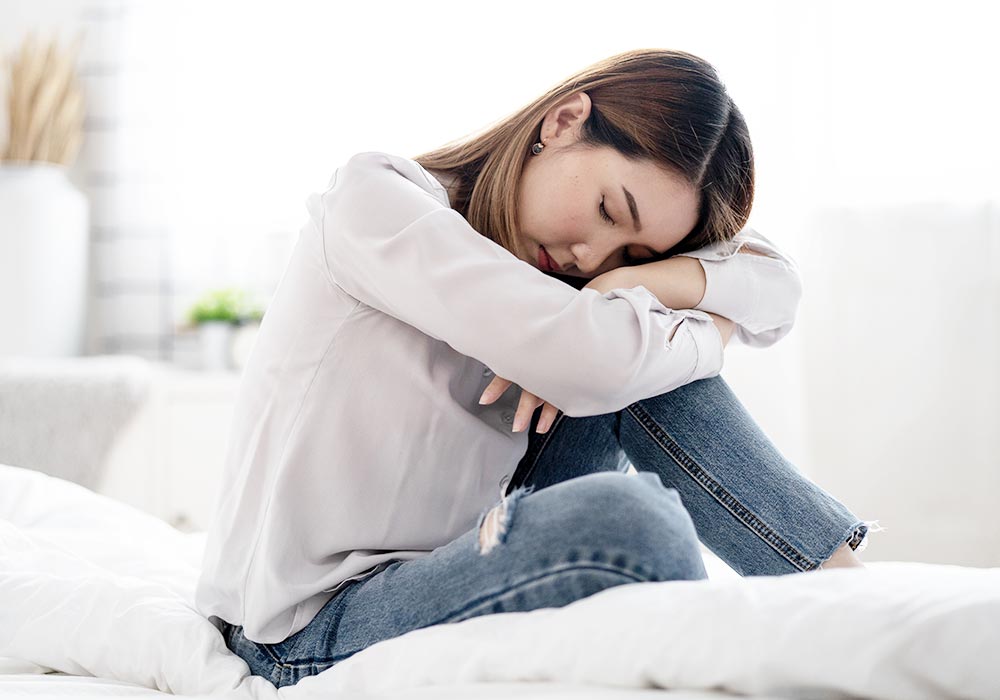
The link between sleep and mental health is bidirectional
Back in 2020, on having realised that sleeplessness is a by-product of the pandemic, we deduced that it is all due to the stress we were experiencing. Indeed, there is enough literature on how stress impacts our sleep, and there are enough Instagram quotes on how we need peace to fall asleep. But did you know that the relationship between sleep and mental health is rather bidirectional?
According to Sleepfoundation.org, a website that talks about the health impact of sleep, lack of proper slumber can be both a cause and consequence of mental health issues.
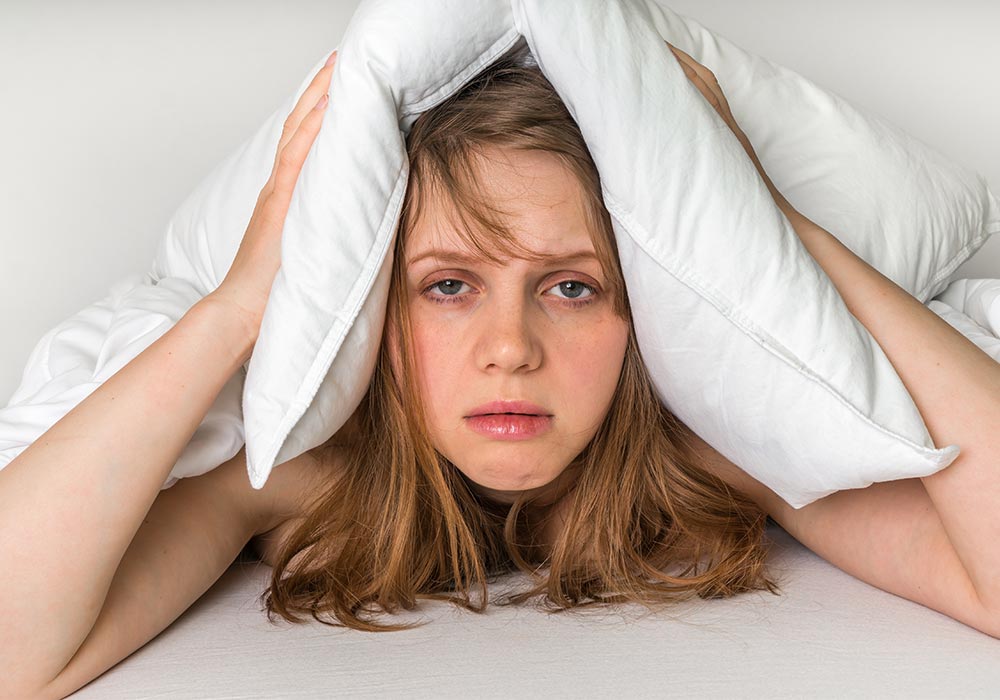
Sleep affects your brain’s processing of emotional information
Scientists have found that we need a sufficient amount of Rapid Eye Movement (REM) sleep to be able to efficiently process emotional information. Sleep is a maintenance activity during which our brain is working with our thoughts and memories. Our brain sorts through the information available and consolidates content that helps us feel emotionally positive. And, all of this occurs mainly during REM sleep, which is also when we dream. The lack of sufficient REM sleep can thus lead to mood swings and stress, also because of the cortisol (the stress hormone) released in our body due to it.

Depression
It is believed that a person suffering from depression develops insomnia as a result of it. As stated in research titled ‘Sleep disorders as core symptoms of depression’ published in National Library of Medicine, Biotech Information in the year 2008, 75 per cent of people having depression, also suffer from insomnia.
While for decades, researchers believed that sleep disorders are a by-product of depression, new-age studies assert that sleep deprivation can cause mood disorders. For some people, fixing their sleep cycle can also help them deal with mood disorders in a better way.
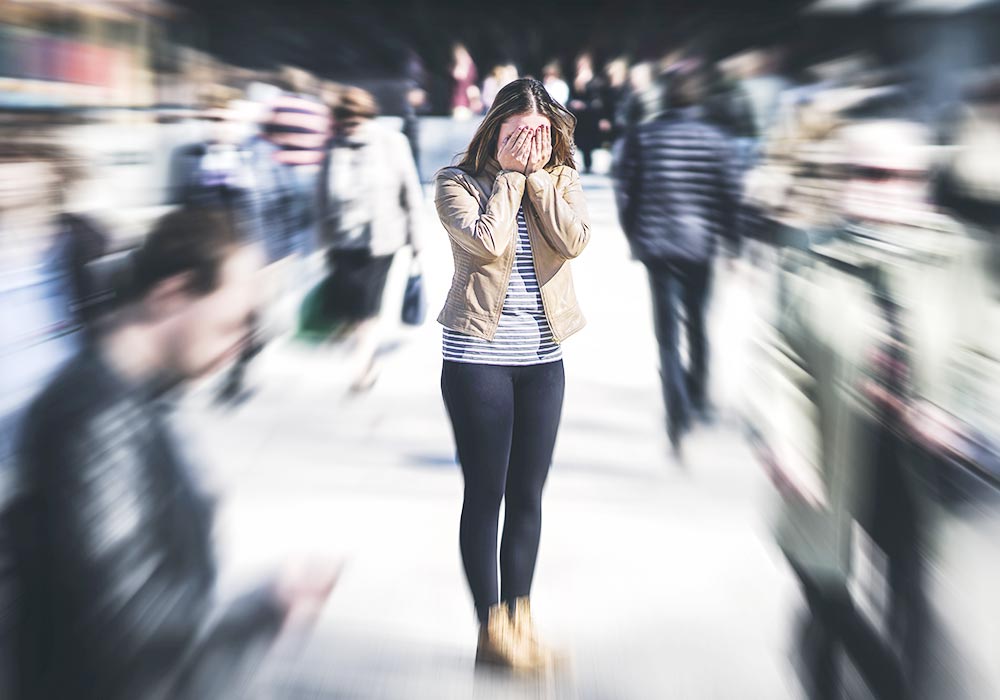
Anxiety disorders
Hyperarousal And Sleep Reactivity In Insomnia: Current Insights, a review article published in NIH, shares how hyperarousal is the biggest reason behind insomnia. Hyperarousal, a feeling of constant fear and worry, is triggered by anxiety and stress. Thus, having an anxiety disorder can cause sleep disorders.
However, research says that sleep deprivation can trigger anxiety. “Anticipation is an adaptive process, aiding preparatory responses to potentially threatening events,” says a research paper. Disrupted sleep can make us hyperaroused, thus adding to our feelings of stress – and the negative feedback loop goes on.
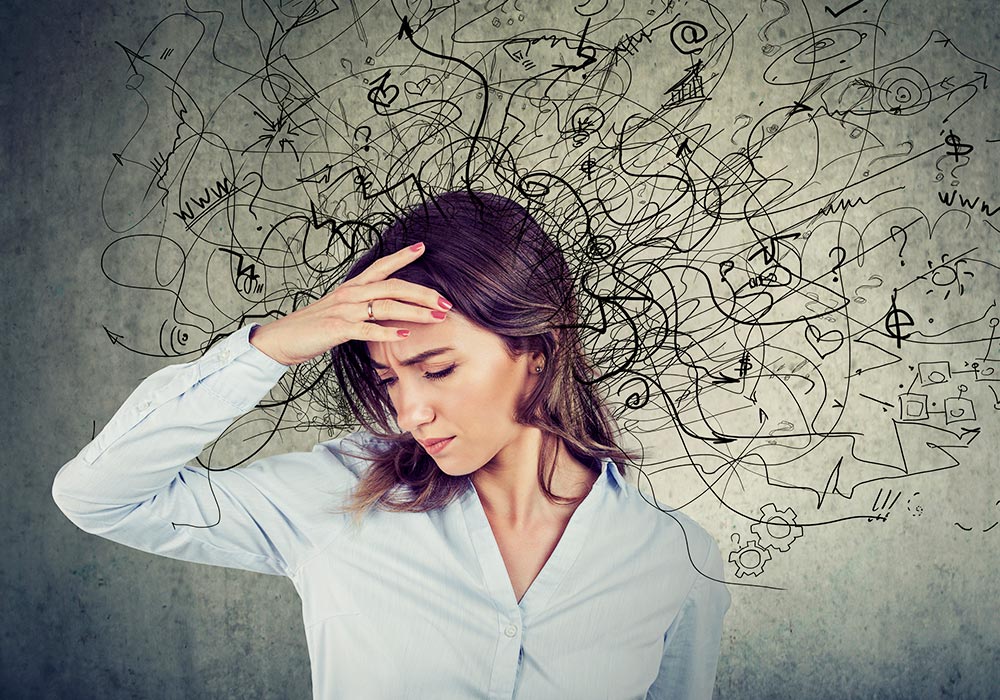
Neurological disorders
“Attention-deficit/hyperactivity disorder (ADHD) is commonly associated with disordered or disturbed sleep. The relationships of ADHD with sleep problems, psychiatric comorbidities and medications are complex and multidirectional,” Allan Hvolby of Department of Child and Adolescent Psychiatric, Psychiatry in Region of Southern Denmark Denmark’s Department of Psychiatry, wrote in his research paper in 2014. While ADHD leads to sleep problems, those, in turn, can further reduce attention span and memory, thus worsening the impact of the neurological disorder.
Sleep problems are also known to affect the quality of life for individuals with Autism Spectrum Disorder (ASD). Several studies conclude that sleep deprivation can cause functional impairment in individuals and shares a mutually reinforcing relationship with mental health.
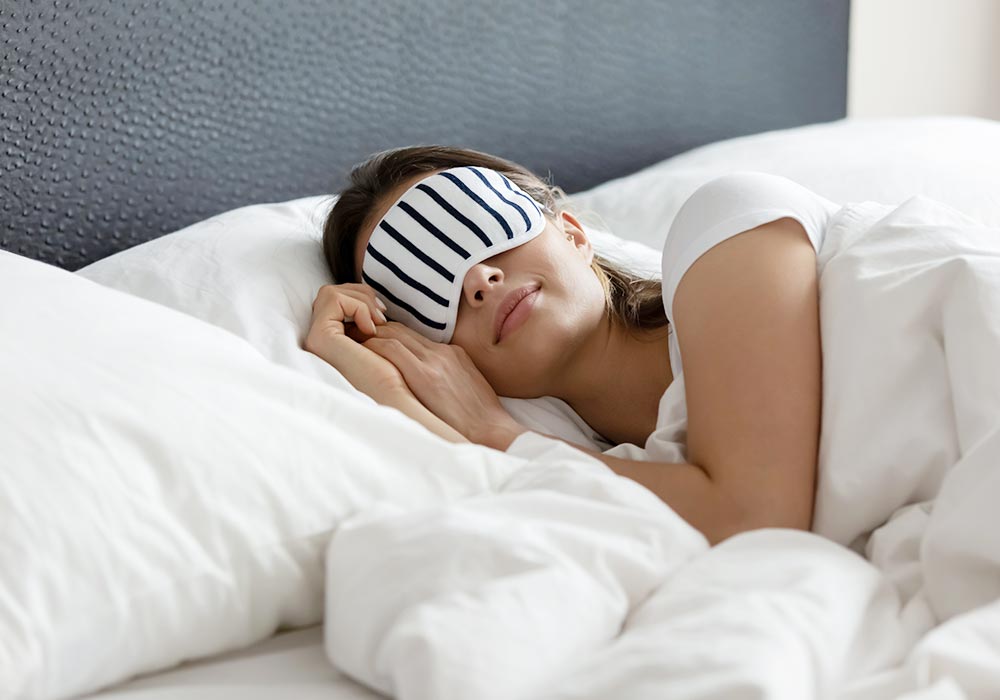
How to improve your sleep
· Create a night routine and go to sleep at the same time.
· Do not consume food and sugar-loaded beverages at least an hour before bedtime.
· Do not have rousing conversations at night.
· Meditate for a few minutes and listen to soothing music before bedtime.
· Don’t have caffeine after 7 pm.
· Keep your gadgets away.
· Empty your bladder before going to bed.
· Wake up in the morning at the same time every day.
· Include a bit of exercise in your daily routine.
Also Read: This Breathing Technique Will Help You Fall Asleep in Less Than A Minute
Also Read: Ways To Boost Your Emotional Well-being